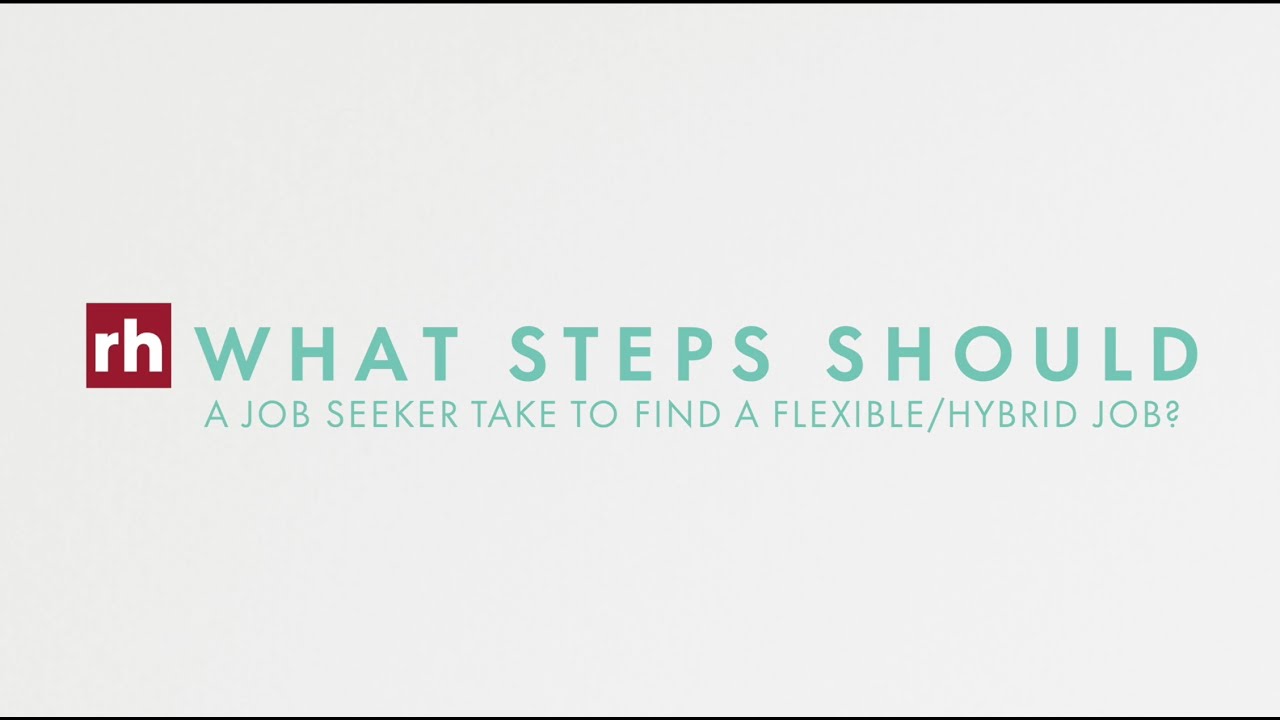A client whose workforce is 100% in-office recently came back to us for help. We had just placed someone there, but that person received another offer that was hybrid and took it.
We see this all too often.
Jobs that are hybrid or remote receive far more applicants than jobs that are fully in the office. When clients come to us with a fully in-office position, it will take three to four times as long for us to staff the position. And often, even then, when we do staff it, the company comes back to us eventually because the placed candidate left for a company that offered better flexibility.
Understand the domino effect of inflexibility
If you are a hiring manager, you are wasting valuable time and money by requiring five days in the office if the job can be done from home. Here’s why:
- The position will remain vacant longer, and you will spend more on expensive job ads and lost productivity.
- You will overwork your current staff by making them pick up the work left undone by the vacant position. (You’ll probably pay more overtime, too.)
- You will then spend time and money training the new hire.
- The new hire will then leave for a hybrid or remote role.
- And then you will have to repeat this process over again.
Eventually, your overworked staff will leave. We see this all too often, as well.









